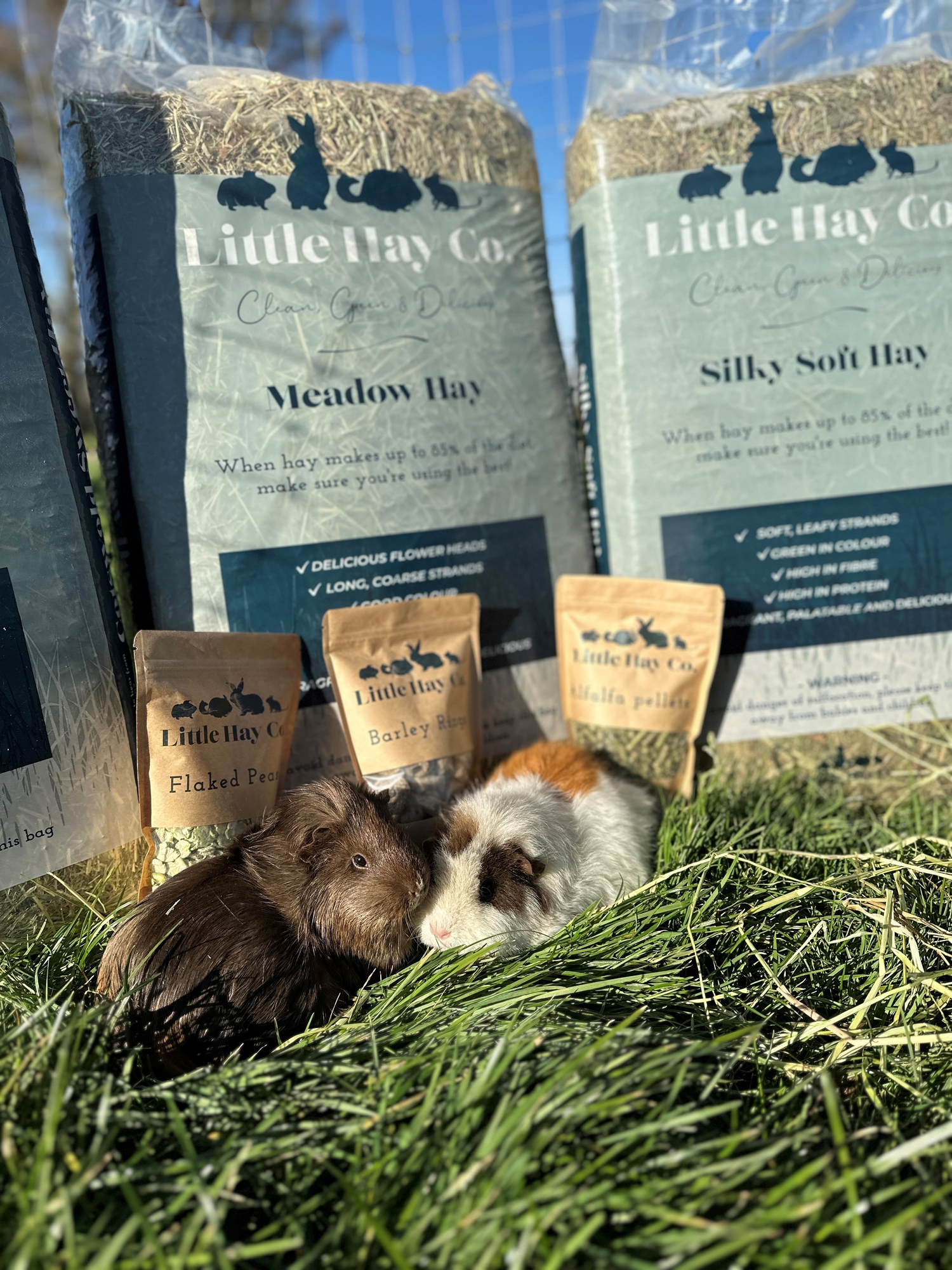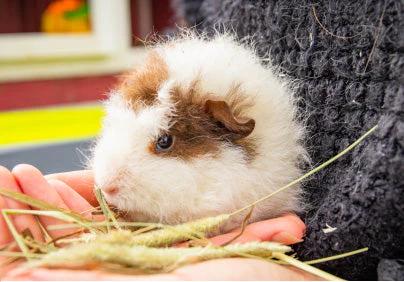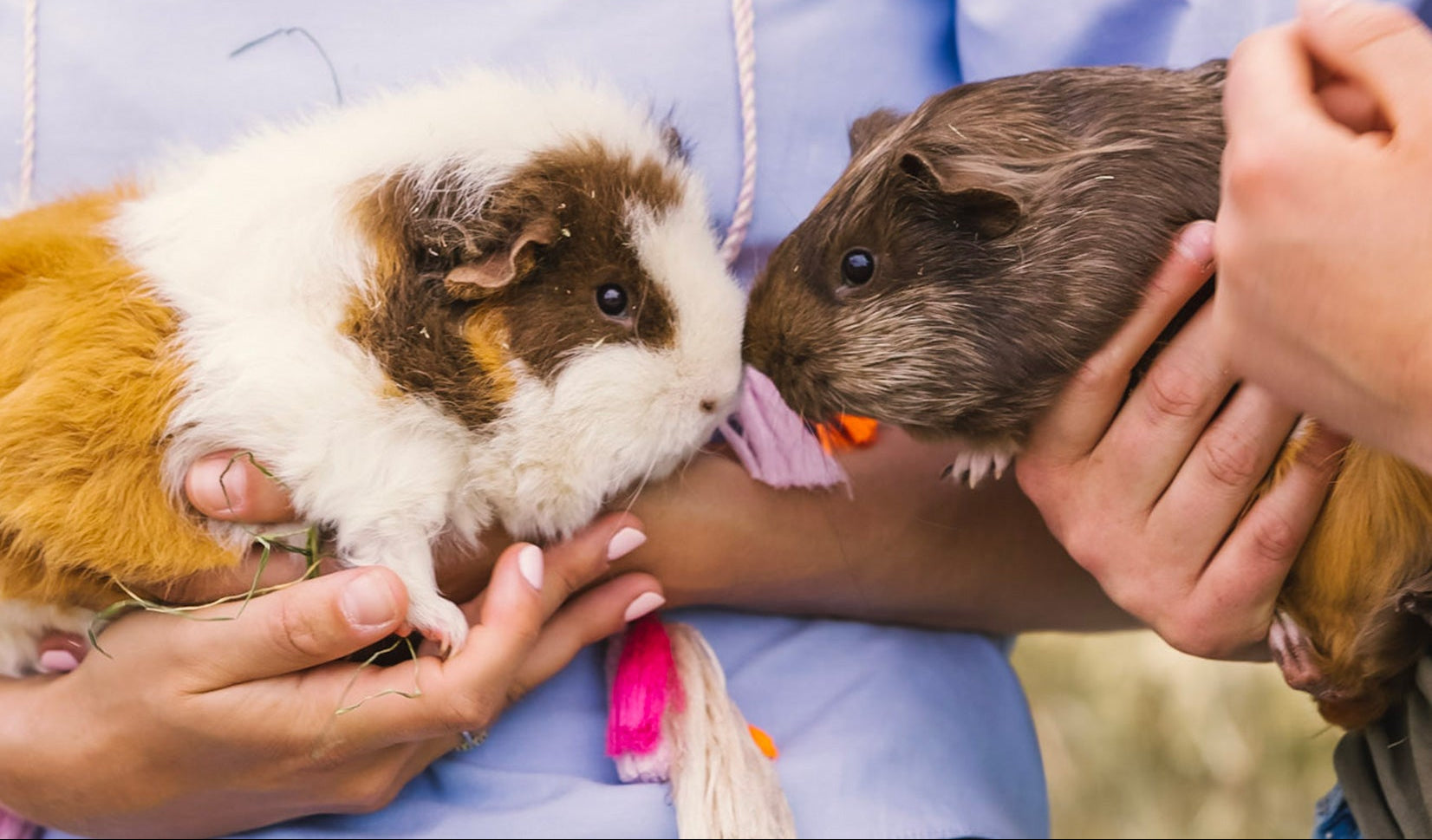At Little Hay Co we don't like to keep secrets. From our farming processes to the nutrients available in our hay varieties we aim to be open and honest about what's going into your pets hay rack.
When buying hay for your pets it's essential to consider several nutritional factors to ensure it meets their dietary needs.
Here are the key nutritional aspects to look for:
Fibre Content: High fibre content is crucial for a rabbit or guinea pig's digestive health. Look for hay with a fibre content of 25% or above
Protein Content: Young, growing animals need higher protein content, while adult rabbits require less.
Moisture Content: Properly dried hay should have low moisture content (less than 12-15%) to prevent mold and spoilage. This is the remaining % from the dry mater figure in our chart
Sugar: Sugar is a natural component of hay and other plant materials. It serves various biological functions for the plant and influences the nutritional value of the hay. For comparison grass grazed from the garden will be around 15% (there are some factors that will fluctuate this such as time of year or time of day)
Types of Hay:
Pure Timothy Hay: High in fibre, low protein, ideal for adult rabbits.
Timothy Blend/Meadow: Contains a variety of grasses; good for providing variety.
Cotswold Sweet: An alternative to Timothy hay, slightly softer, making it a good option for both rabbits and guinea pigs.
Canadian Timothy: Grown and harvested in Canada for a different nutritional offering.
Alfalfa Hay: High in protein; suitable for young, growing rabbits but not recommended for adults due to its high calcium content.
Oat Hay: High in fibre, low in calcium, it is coarse so good for tooth wear and offering variety to the diet.
Quality Indicators:
Colour: Look for green, fresh-smelling hay. Avoid hay that is brown, moldy, or has a musty odor.
Texture: Hay should be dry and slightly coarse. Avoid hay that is too damp or too brittle.
Dust and Debris: High-quality hay should be free of dust, debris, and foreign objects.
Considering these nutritional factors will help ensure that the hay you buy for your pet supports their overall health and well-being.














